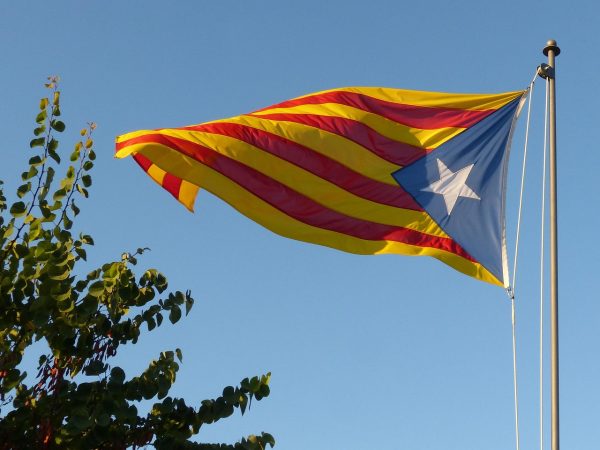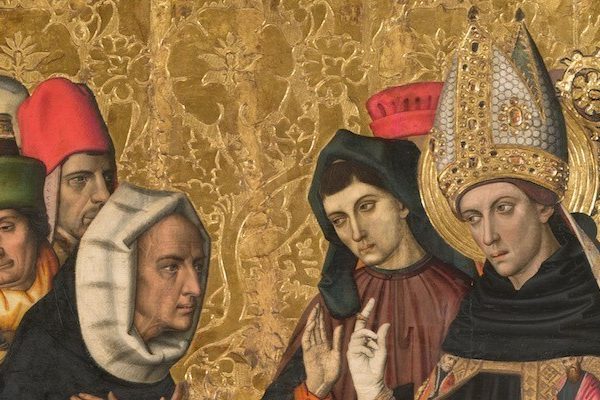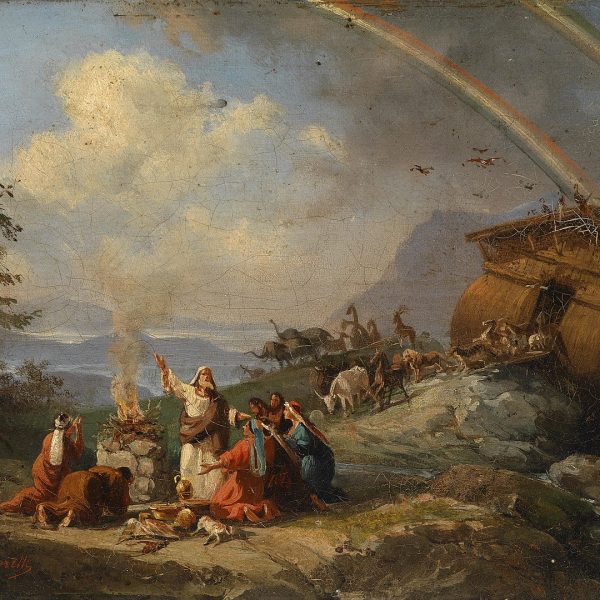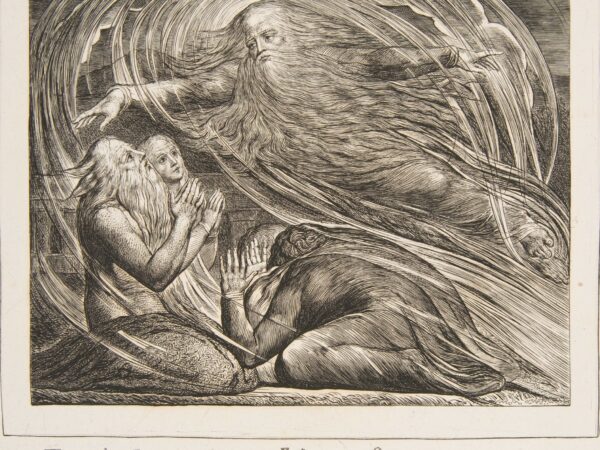
For me, “political theology” thus names the study of the ways that imagination is embedded in sentient, desiring bodies, instantiated in vernacular forms of life and ordinary (ritualized) practices, and conjured in mytho-poetic metaphors, images or representations that are formalized by literary genres and assembled into scriptures.
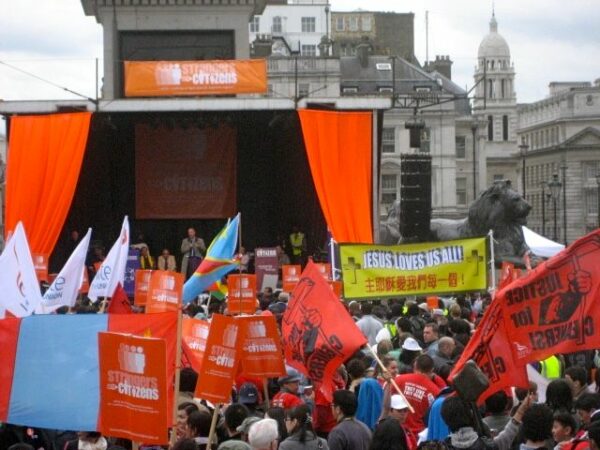
This post focuses on a no less important but less visible cluster of questions about the relationship between ethics and politics, what helps or hinders the formation of persons capable of undertaking liberative projects with and for others, and how the quality and character of relations between persons (for example, virtues such as hope, courage, or hospitality) directly shape the conditions for the possibility of democracy.

In Florida and elsewhere, communities facing technological and environmental risks do well to adopt the ethics and politics of precaution.
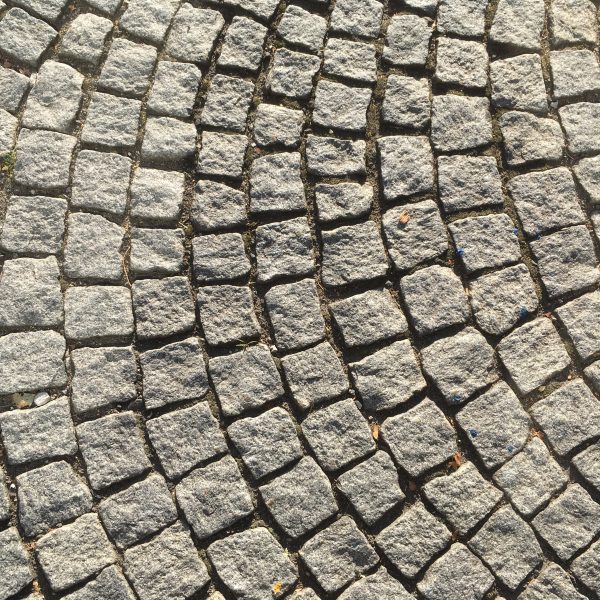
Situated on this eschatological middle ground, political theology must reckon with how we live in a time when the kingdom of God is present, creating moments of transformation and rupture…To speak truthfully, political theology must also speak to the quotidian joys and everyday struggles that make up the ordinary time of our lives.
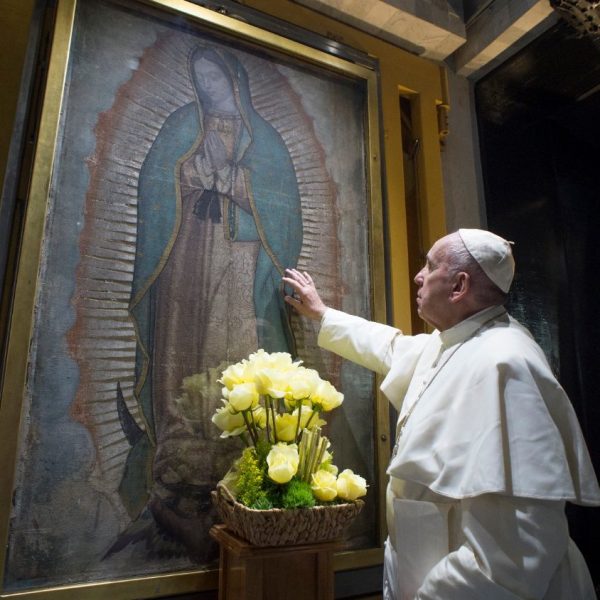
Bretherton’s robust yet flexible understanding of democracy and politics offers the promise of engaging diverse others in constructing the common good for all, with particular care for the destiny of the poor and vulnerable…[but] I need to hear Bretherton witness to how the process of decentering the canon became foundational for building a Christian political theology.
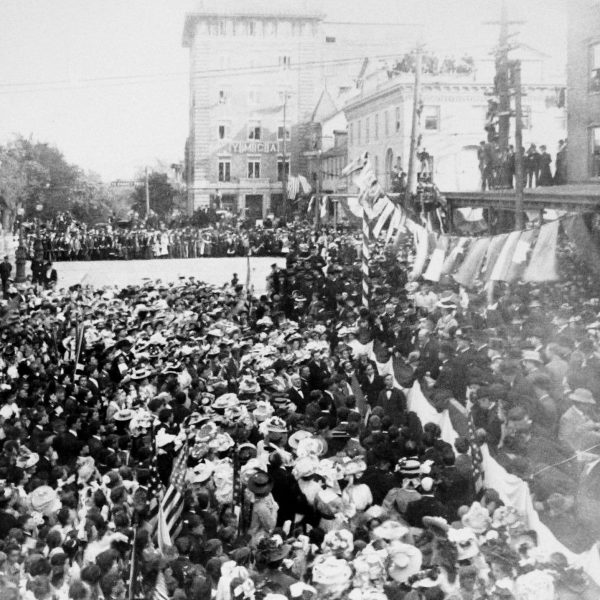
Populism seems to have at least these advantages: it privileges practical reasoning over theoretical; it binds us to place; it recognizes modernity’s political gains; it does not posit reactionary declension narratives; it affirms “common folk;” it avoids elitism…It also gave us President Trump.

The new issue of Political Theology includes a guest editorial from Joshua Ralston, essays by Christopher Trigg, Michelle Wolff, and Kyle Lambelet, and a roundtable on political theology and literature
